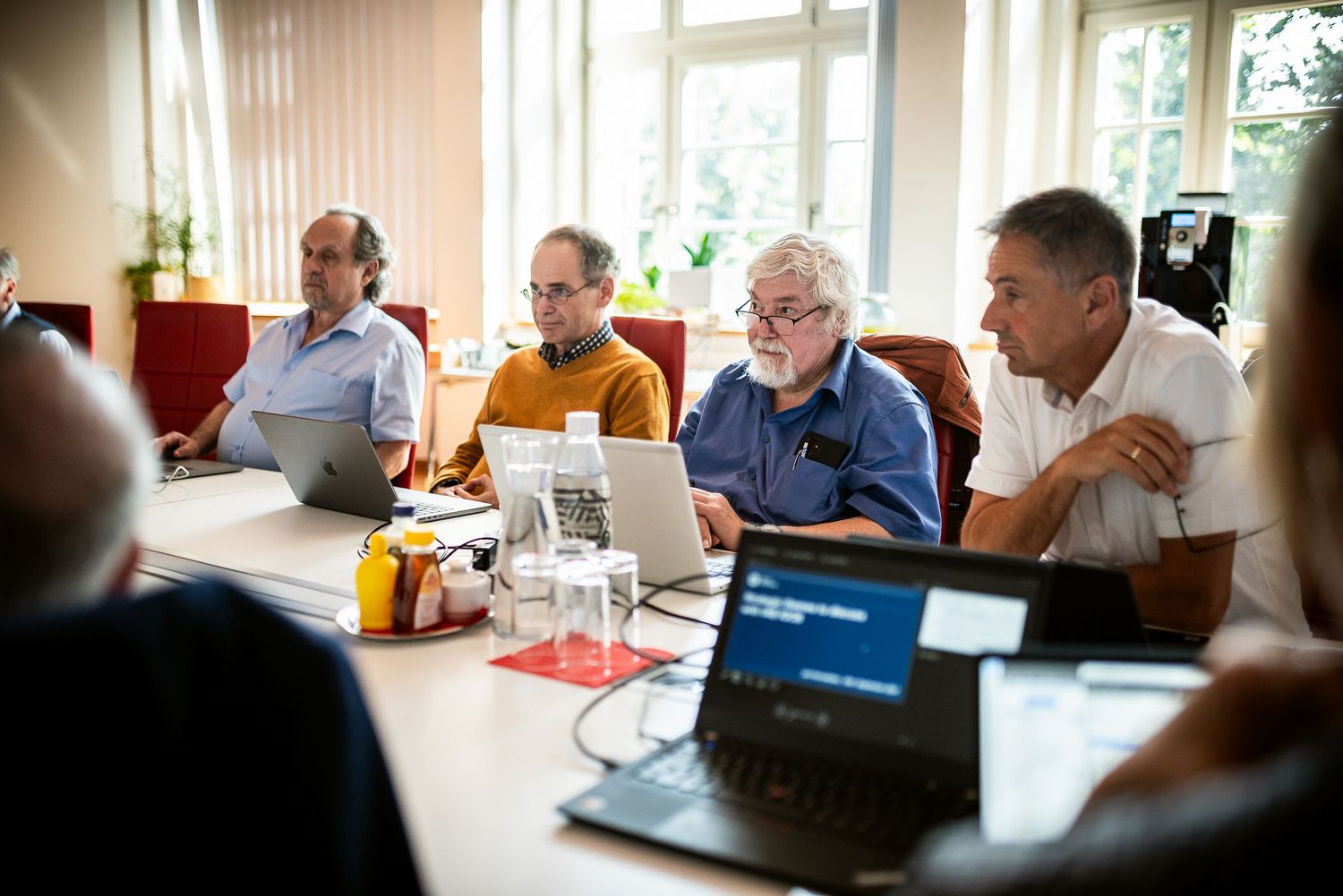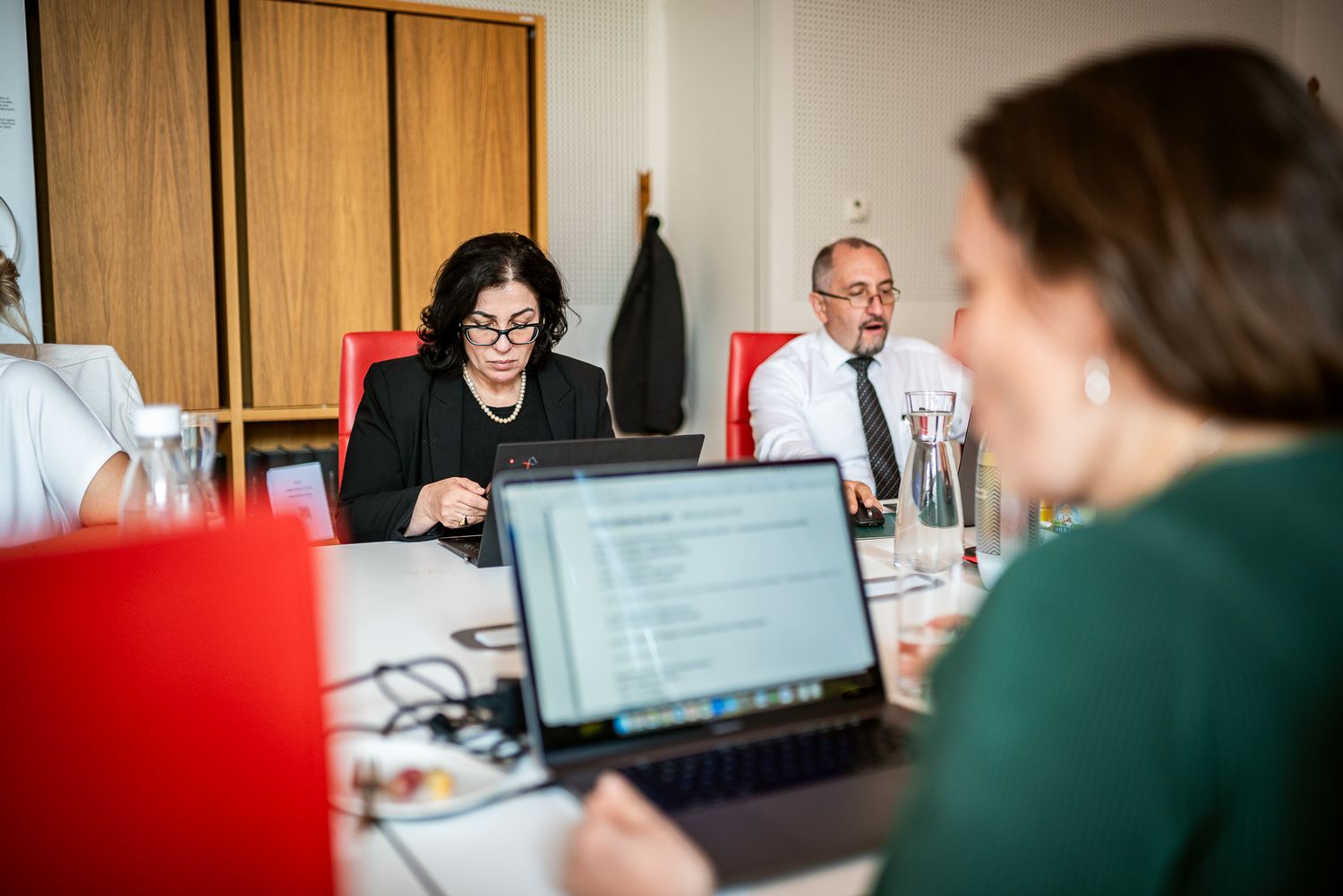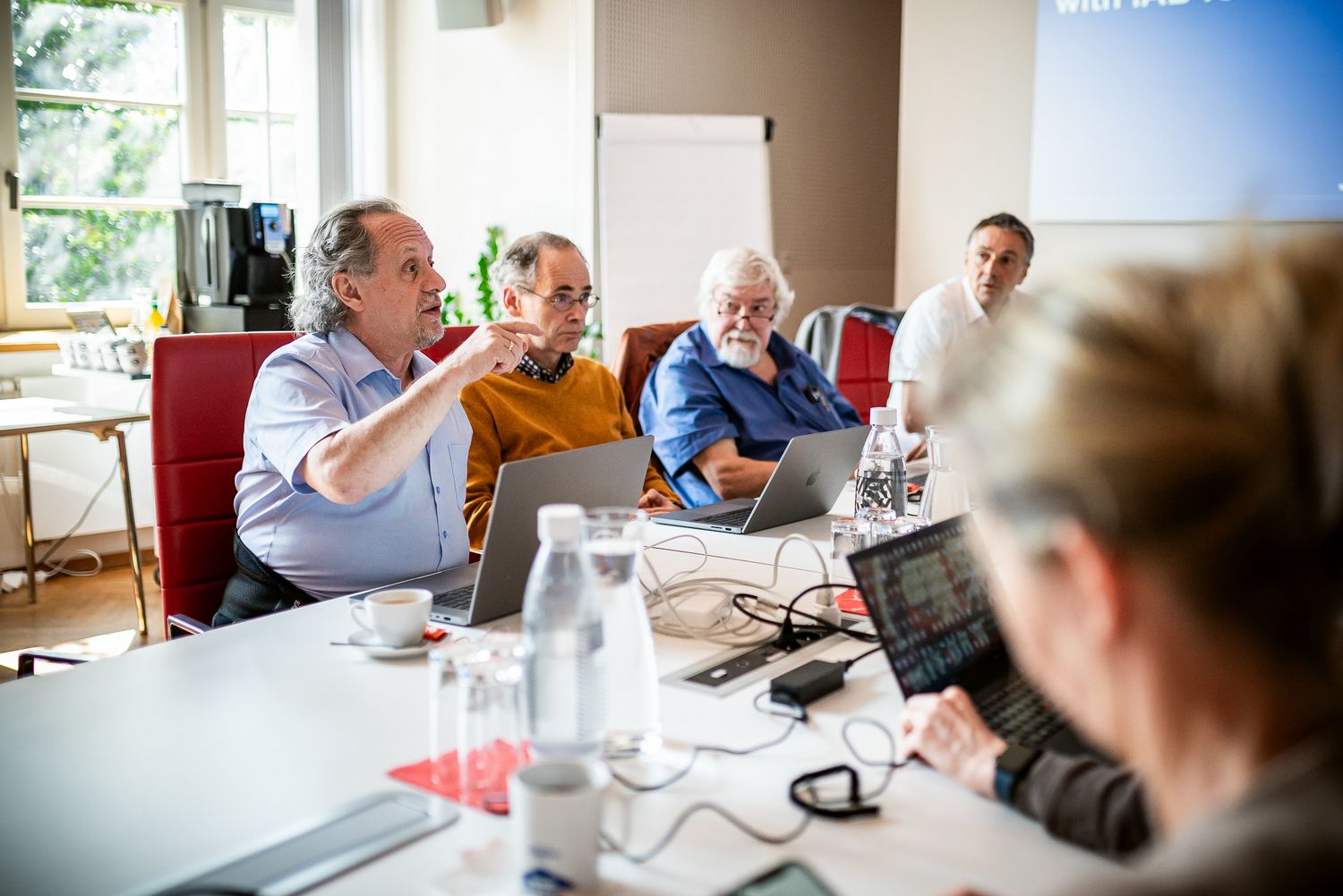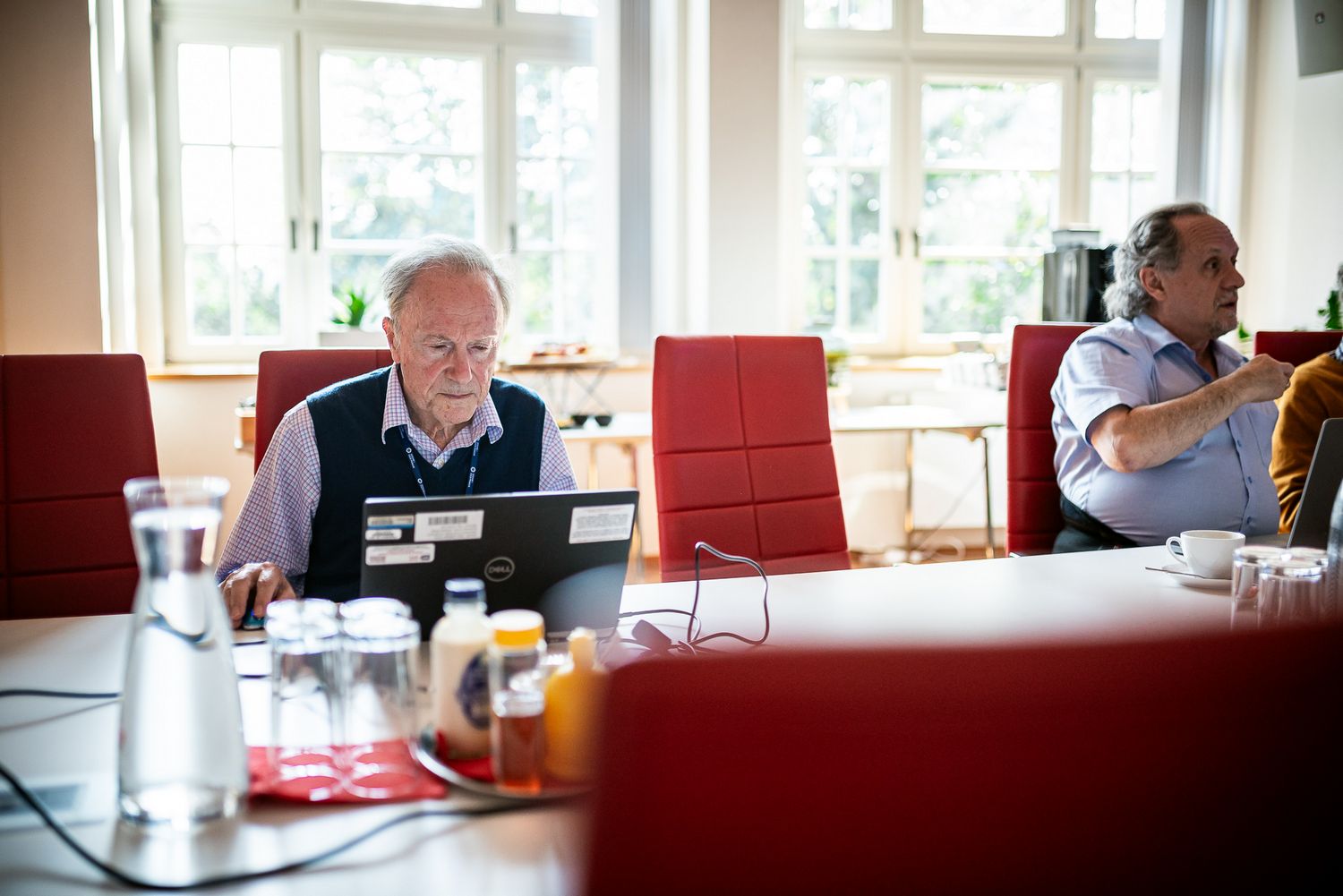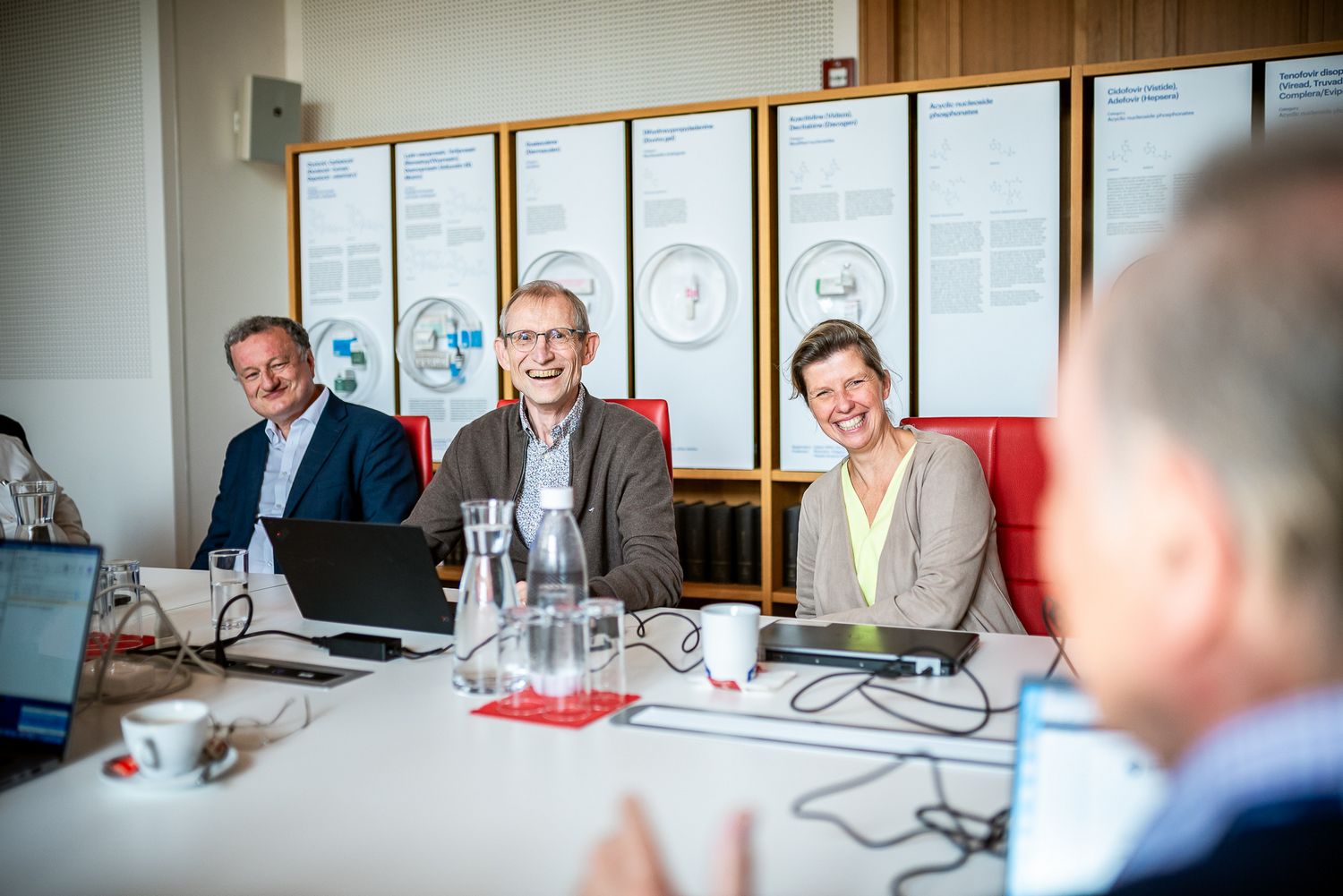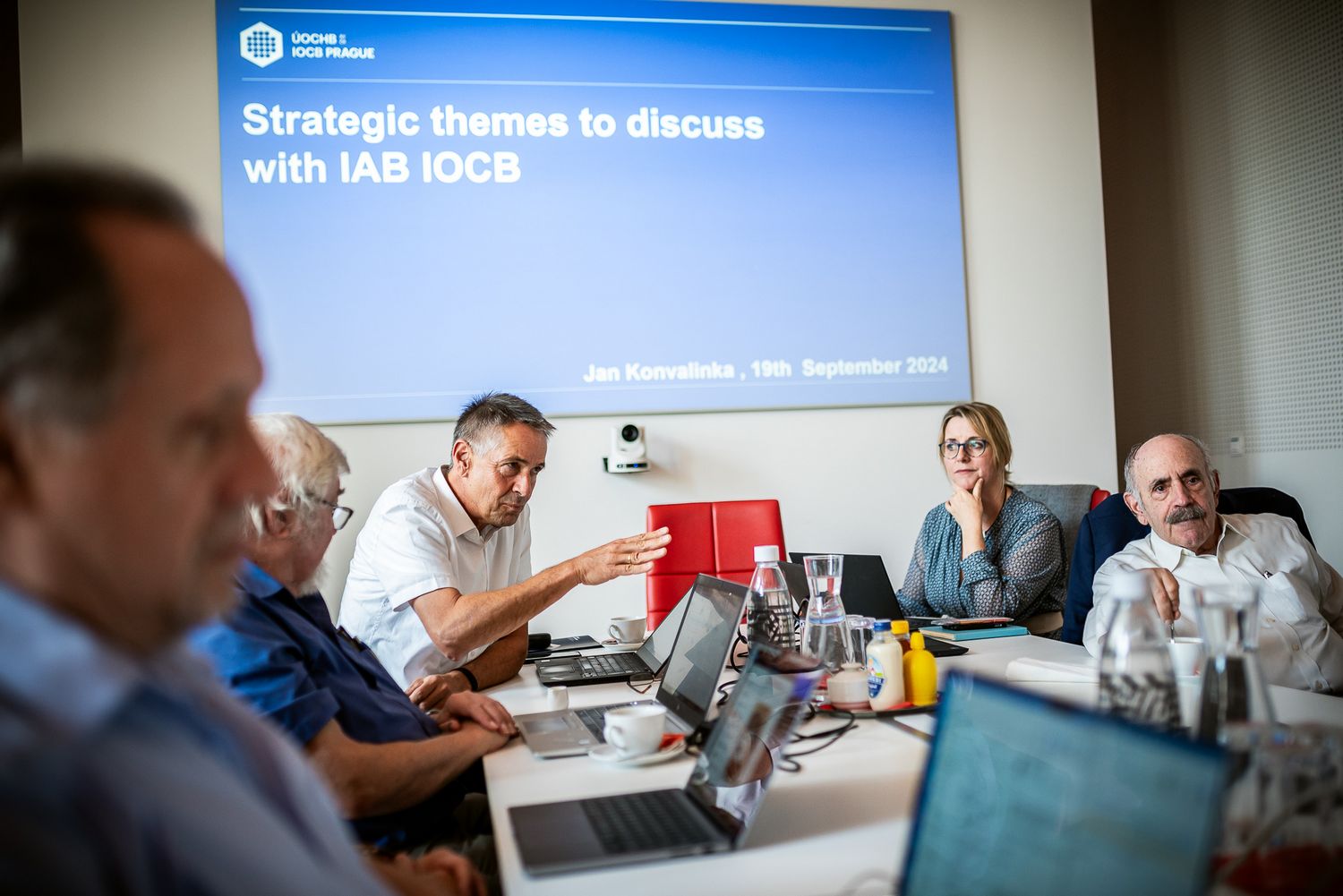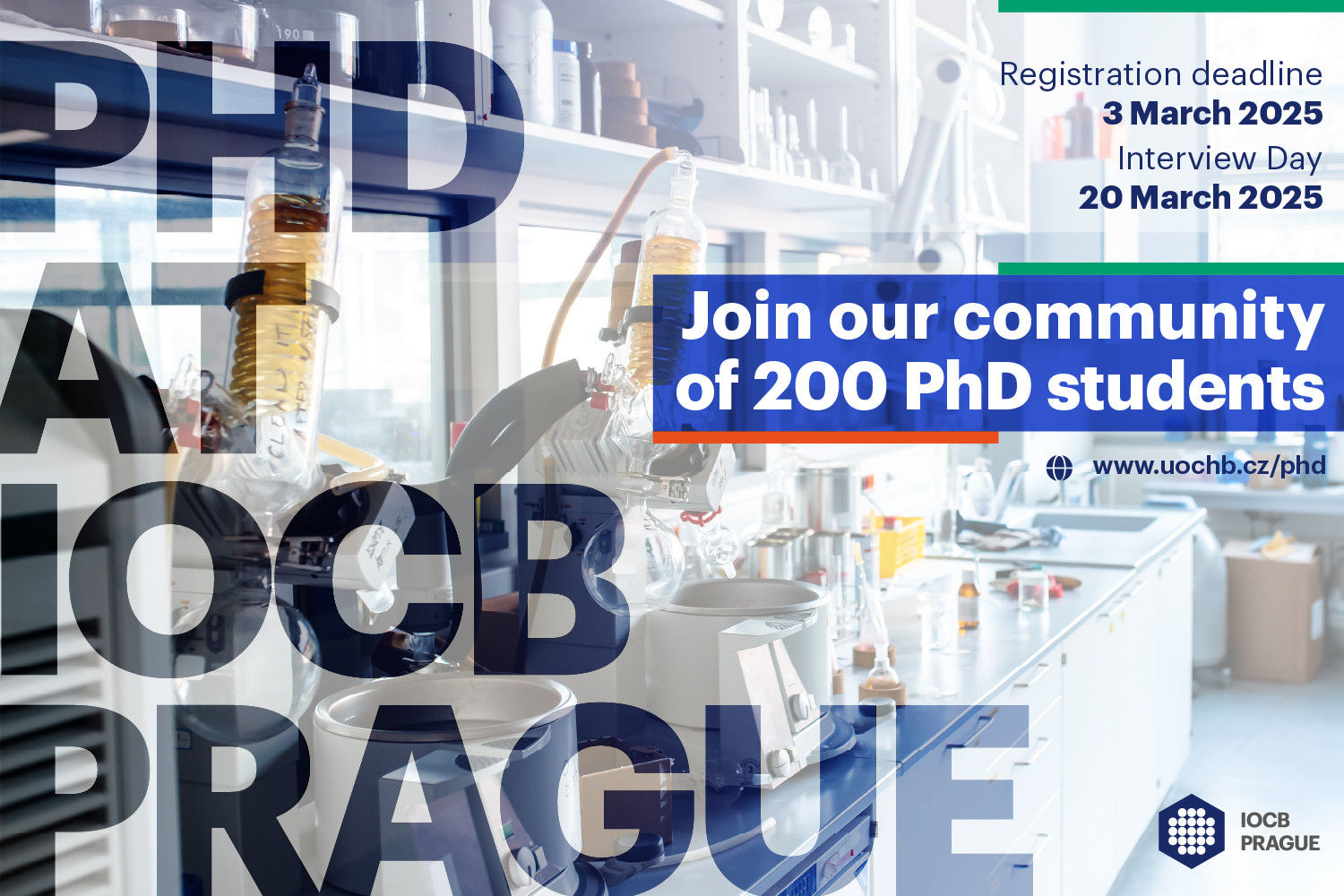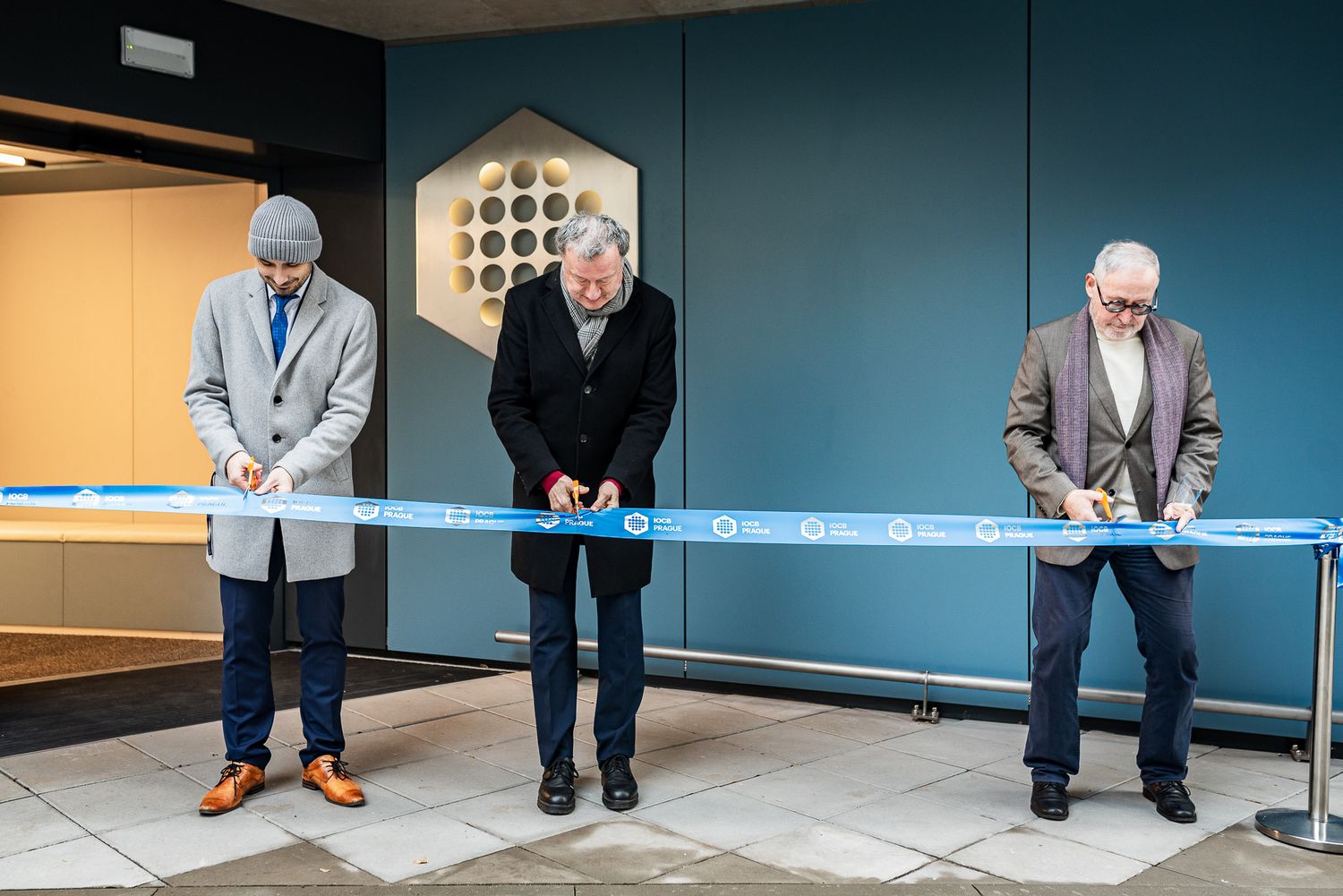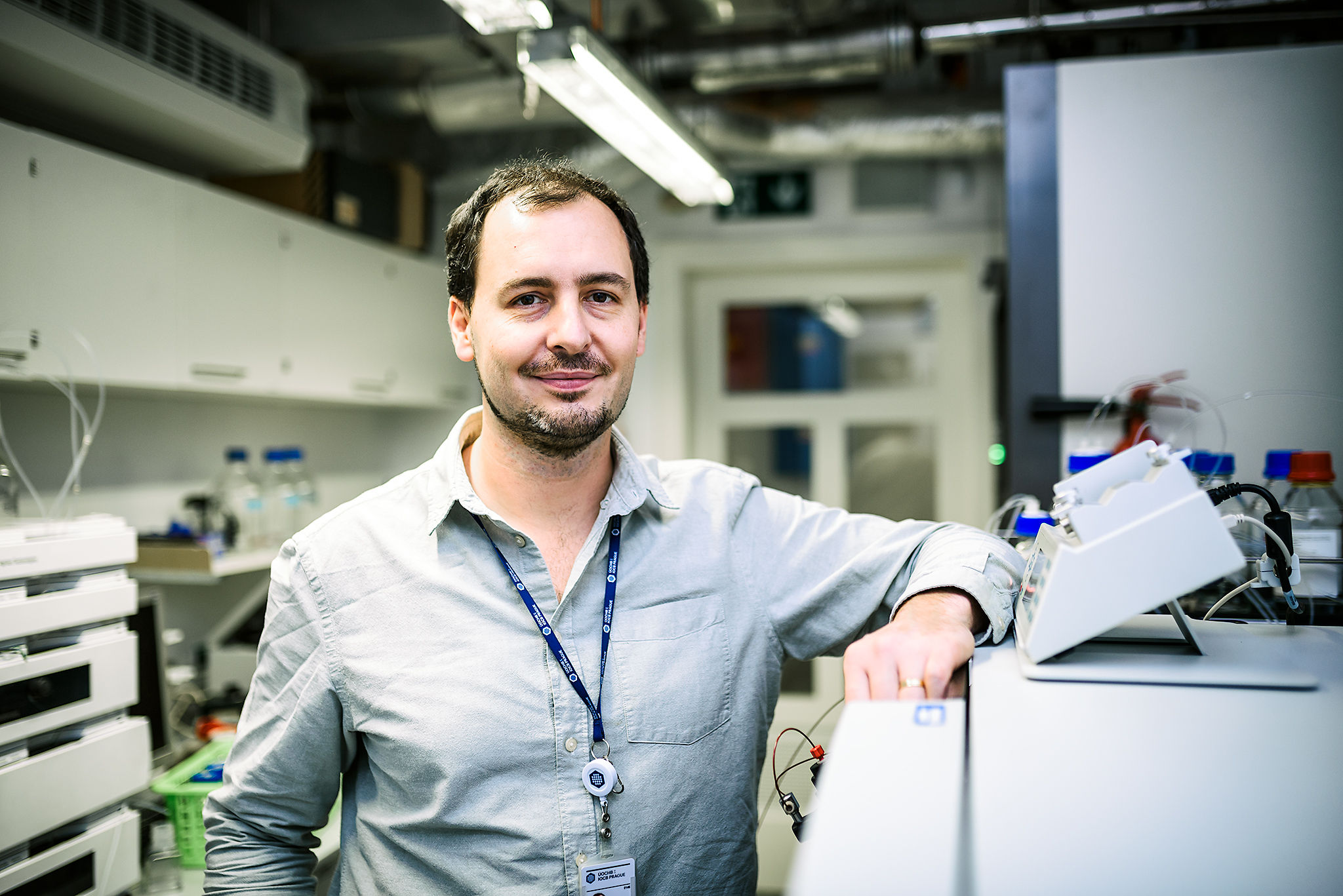Evaluation of international scientific experts helps IOCB build its own excellent science
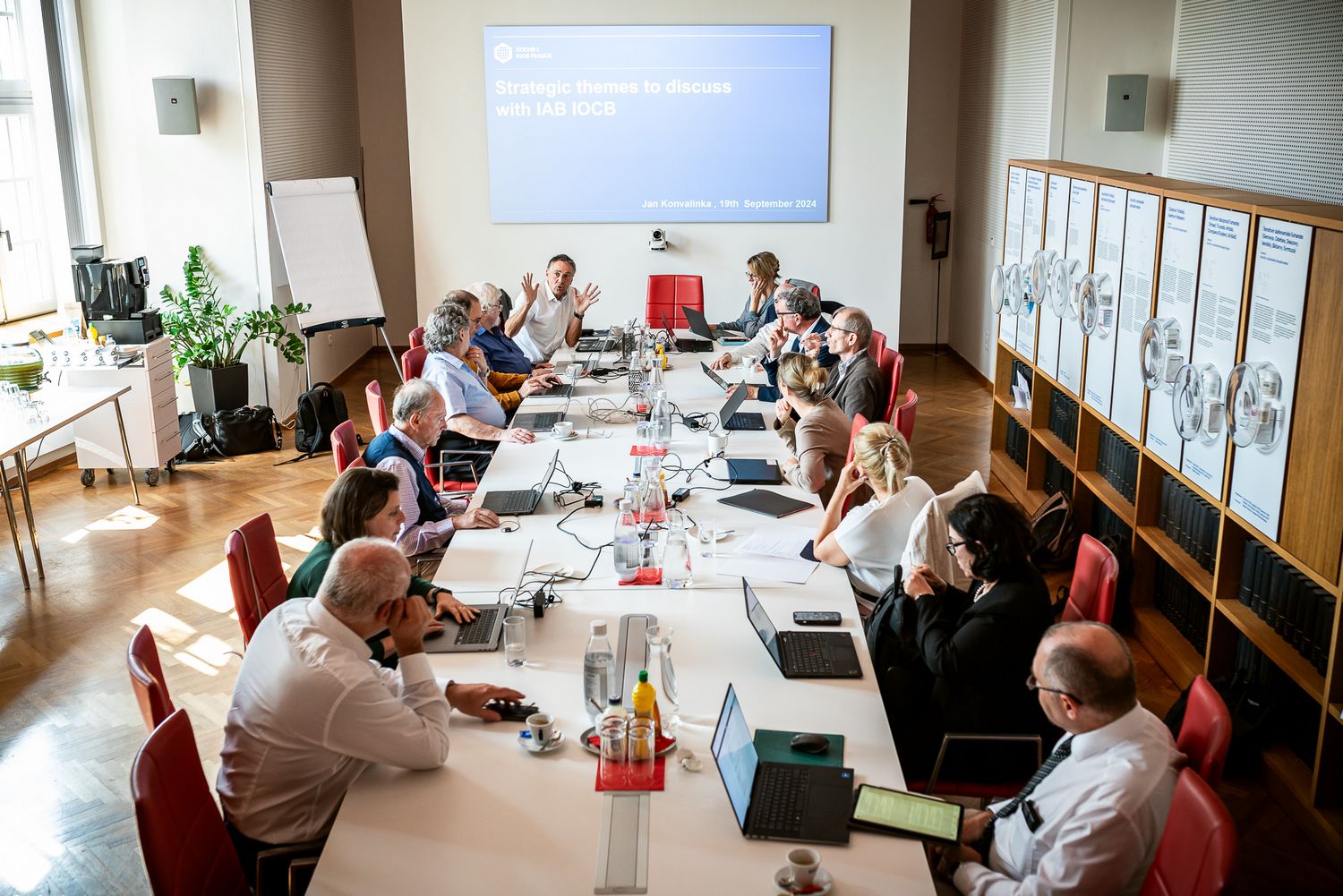
In the third week of September, the International Advisory Board convened at IOCB Prague to evaluate some of the scientific groups. All junior teams must eventually undergo this regular evaluation, and the results serve as a guide for the institute's leadership in deciding whether to give the research the green light or if it would be better to end the collaboration.
This year, four junior group leaders presented their results. They are now awaiting the verdict from the advisory board, composed of leading scientists from around the world, from the United States and Israel to Belgium, Switzerland, the UK, and neighboring countries like Poland, Germany, and Austria. Should the group leaders successfully defend their research, they will be promoted to a more permanent status of a senior scientific team, allowing their work at IOCB to continue.
“These evaluations fit into the institute's concept of giving space only to excellent science, which aligns with the main research trend of this institution,” explains IOCB Director Prof. Jan Konvalinka.
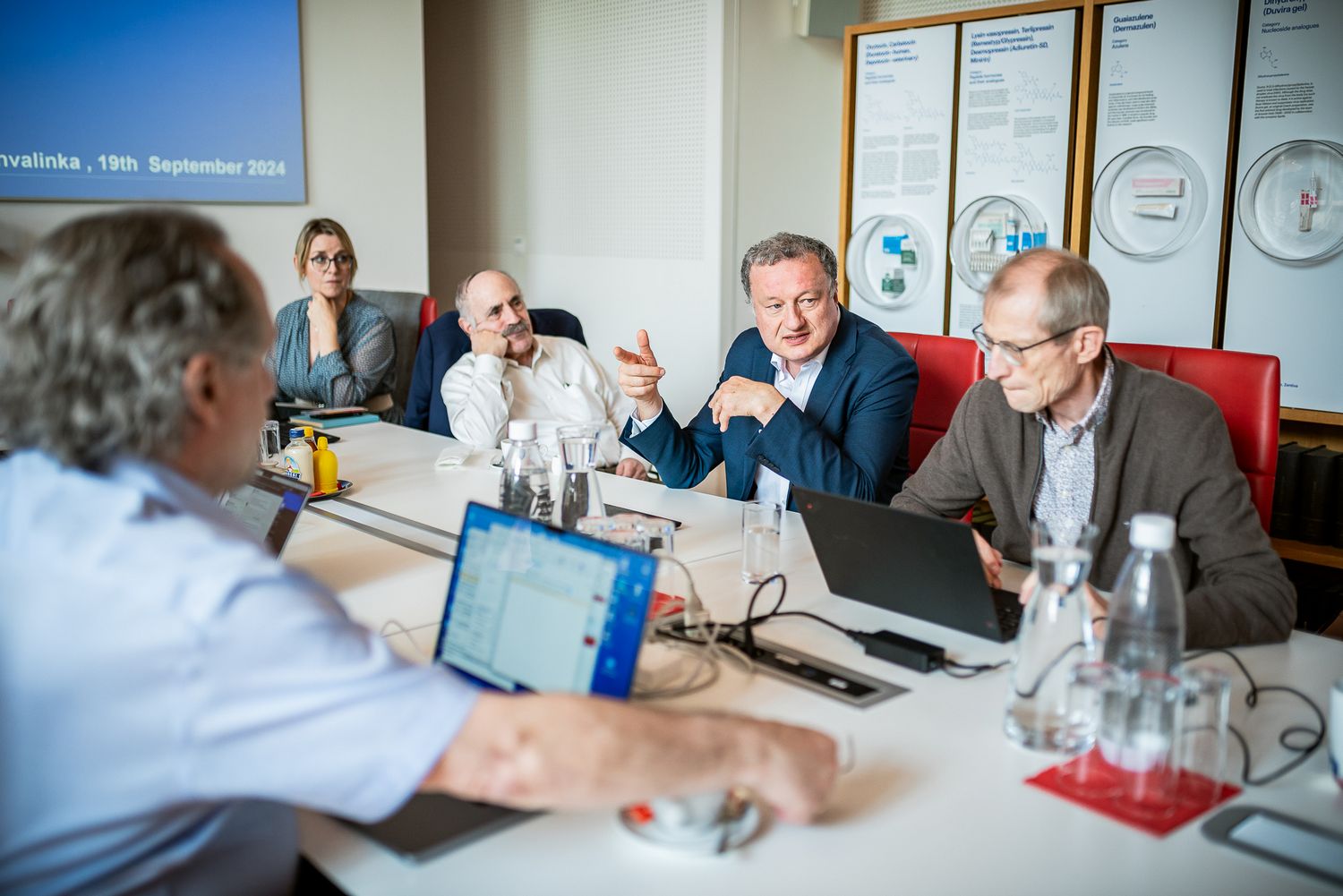
IOCB introduced a system to support promising scientists fifteen years ago. The core idea is to recruit the best young talents through a demanding international competition and give them academic freedom to pursue topics of their own choosing. This approach has already brought several ERC Starting Grants to the institute through the selected junior leaders.
This year, IOCB is once again searching for a young scientist who has the courage to lead their own research group and develop original research ideas in the field of computational chemistry. In addition to strong professional autonomy, they will also be offered excellent technical facilities and the opportunity to collaborate with top chemists and biochemists. A unique strength of IOCB is the exceptional sharing of experience between various fields within a single institution.
All senior groups at IOCB also undergo regular evaluations every five years. This year, two senior groups were evaluated.
